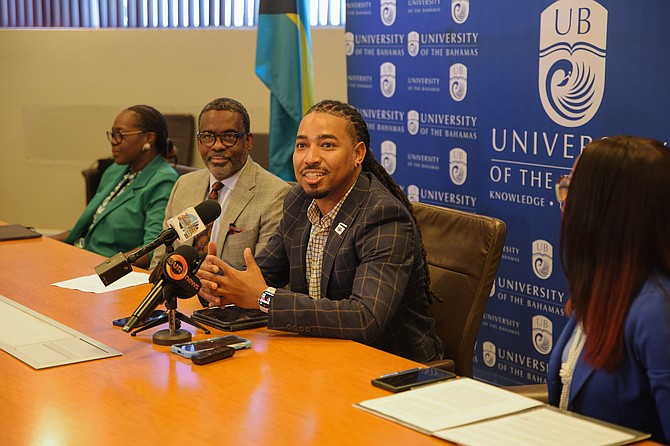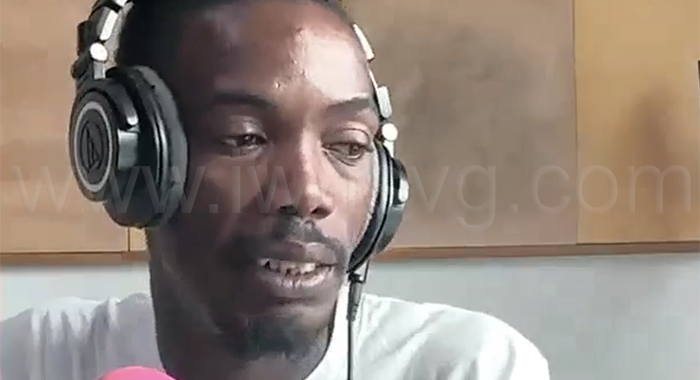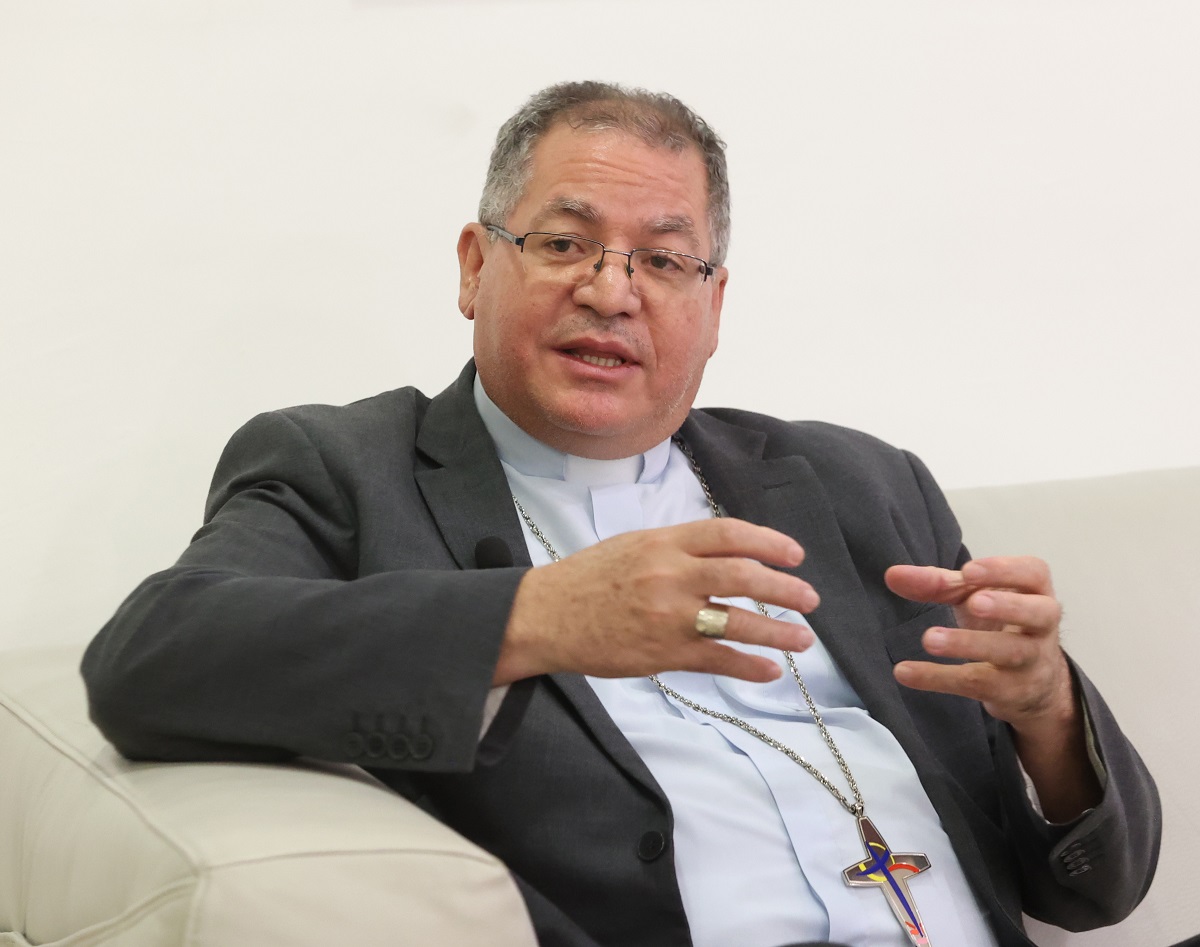The University of The Bahamas, in collaboration with Disney Cruise Line, is expanding its Leading LIGHT tourism and hospitality training initiative to Abaco next month, marking the program’s second phase implementation. This development follows the program’s successful inaugural launch in Eleuthera in February 2024.
The 10-week intensive program, administered through UB’s Continuing Education and Lifelong Learning (CeLEARN) division, aims to enhance leadership capabilities and workforce preparedness within the hospitality sector. This strategic expansion occurs as The Bahamas experiences sustained growth in tourism arrivals.
University officials confirmed the dual-island rollout during a recent press conference. UB President Dr. Robert J Blaine III highlighted the tangible outcomes from the Eleuthera cohort, noting that graduates acquired critical job-readiness skills and accessed new economic opportunities. He emphasized the institution’s dedication to national development, particularly through educational investments in the Family Islands.
Provost and Vice President of Academic Affairs Ms. Maria Woodise-Oriakhi explained that the program’s second phase deliberately focuses on the personnel who shape the tourism experience. She stressed that quality visitor interactions fundamentally influence both guest impressions and how effectively local communities benefit from tourism-driven economic growth.
Initial results from the Eleuthera launch demonstrated significant impact, with 120 participants gaining essential hospitality competencies. Many graduates subsequently secured new employment, achieved promotions, or launched entrepreneurial ventures.
Disney Cruise Line regional public affairs director Mr. Joey Gaskins characterized the initiative as part of the company’s comprehensive commitment to investing in port community development. He expressed gratitude for the partnership with UB in strengthening Bahamian professional capacity.
The program curriculum encompasses technology integration, customer service excellence, and soft skills development. Each island cohort will accommodate 25 participants through live, synchronous learning sessions. Training specialist Dr. Willisa Nyobi Mackey confirmed that participants will receive completion certificates, a fully-funded educational experience courtesy of Disney Cruise Line, and a stipend acknowledging their program commitment.









